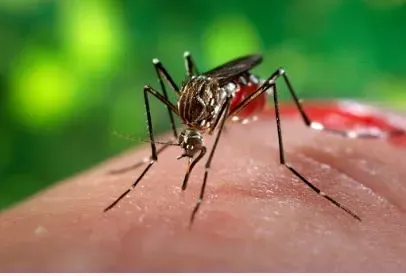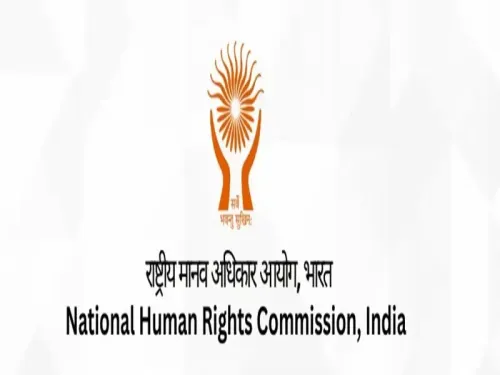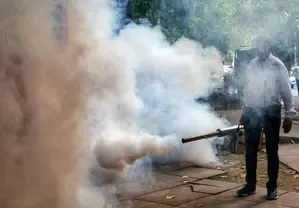Can Indonesia Eliminate Malaria by 2030?

Synopsis
Key Takeaways
- Target Year: Indonesia aims for malaria-free status by 2030.
- Focus Area: The emphasis is on Papua, the most affected region.
- Testing Goals: Authorities plan to conduct 8 million malaria tests this year.
- International Collaboration: The nation is strengthening ties with other countries.
- Private Sector Involvement: Private firms will help manage environmental factors contributing to malaria.
Jakarta, June 17 (NationPress) Indonesia is intensifying its initiatives to achieve a malaria-free status by 2030, with a particular emphasis on decreasing cases in Papua, the country's easternmost region.
This Southeast Asian nation has the second-highest incidence of malaria in Asia, trailing only behind India. However, there has been a reduction in reported cases, declining from approximately 443,000 in 2022 to around 418,000 in 2023.
The World Health Organization's 2024 report praised Indonesia for its malaria control achievements over the past decade. Nevertheless, the nation has faced a steady rise in malaria cases, with a spike last year resulting in approximately 543,000 cases.
Official figures from the country's Health Ministry indicate that Papua accounts for over 90 percent of the national malaria burden.
Currently, the central government is implementing several expedited strategies, including the integration of malaria testing into a new free health checkup program and efforts to control mosquito populations in Papua.
This year, authorities aim to conduct 8 million malaria tests, nearly double the 4.3 million tests performed last year.
The Health Ministry plans to increase the workforce dedicated to testing and identifying active cases, as well as ensuring the distribution of antimalarial medications to patients throughout Papua. Private enterprises will also play a role in enhancing environmental management and controlling Anopheles mosquito populations, which are responsible for malaria transmission.
Furthermore, the government is enhancing international collaboration to eradicate malaria.
Indonesia is hosting the ninth Asia Pacific Leaders' Summit on Malaria Elimination, taking place on the island of Bali from Monday to Tuesday. This summit gathers health ministers from the region, senior officials, experts, civil society representatives, and global partners to cultivate robust multi-sectoral partnerships.
Involving around 250 participants from 23 countries and regions, including health ministers from Papua New Guinea, the Solomon Islands, Timor-Leste, Vanuatu, Laos, and Pakistan, this annual meeting aims to address malaria effectively.
Murti Utami, acting director general for disease control at the ministry, stated in her opening remarks on Monday that while some countries have made considerable strides in malaria control, the Asia Pacific region still faces significant challenges, including high case numbers, cross-border movement, the rise of zoonotic malaria, drug resistance, and the effects of climate change, as reported by Xinhua news agency.
"We are not starting from scratch. Across the region, we already have a strong foundation, including community-based efforts and successful innovations. What we need now is to accelerate, align, and sustain these efforts," she emphasized.










